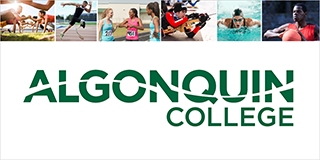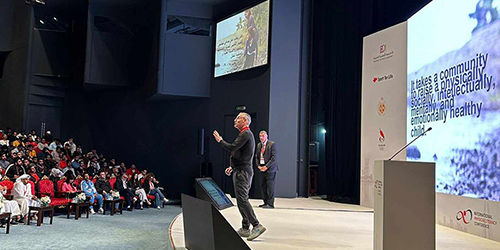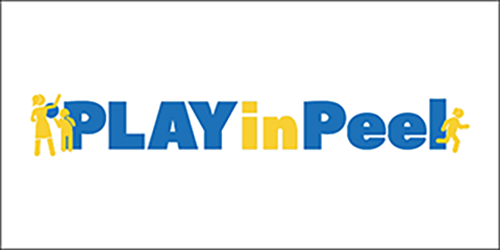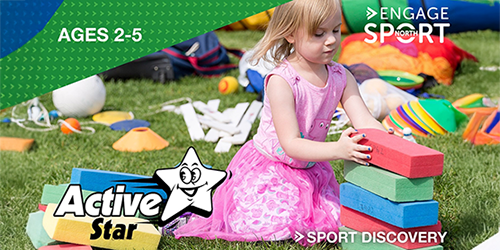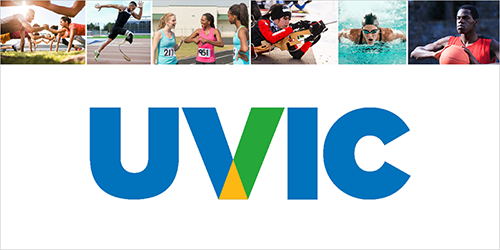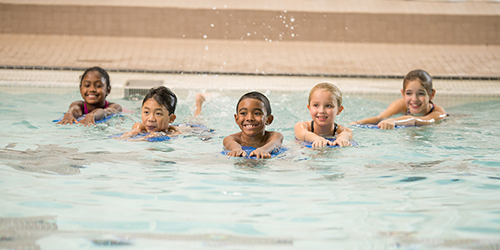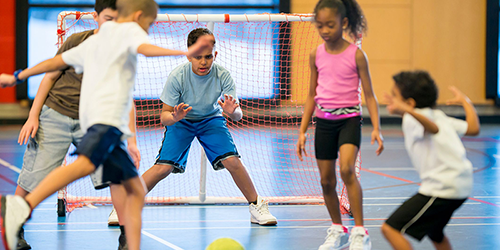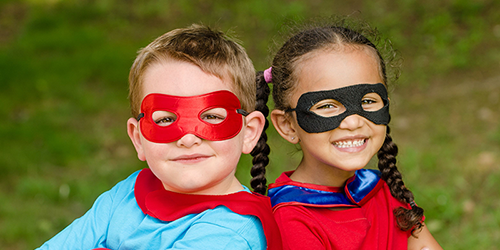Sport for Life Expands Post-secondary Partnerships with Algonquin College
Sport for Life is excited to welcome Algonquin College to its growing Post-secondary Partnership Program, further embedding physical literacy education into academic curricula. This initiative ensures students graduate with hands-on experience and recognized certifications, equipping them with career-relevant skills in sport, recreation,…
Sport for Life Brings Expertise to Bahrain’s IPLC 2024
In November 2024, Sport for Life was invited to Bahrain to lead the International Physical Literacy Conference (IPLC) and deliver impactful presentations tailored to the region’s sports systems and development needs. This initiative reflects Sport for Life’s ongoing commitment to improving the…
Advancing Physical Literacy in Peel: Evaluating the Impact of the Play in Peel Initiative
Introduction The Play in Peel initiative is a community-driven program designed to develop physical literacy and increase physical activity among children aged 0 to 12 in the Peel region, which includes Mississauga, Brampton, and Caledon. Funded by the Ontario Trillium Foundation (OTF),…
Active Star: A Northern BC Success Story in Physical Literacy
Sport for Life, through its Physical Literacy for Communities (PL4C) initiative, is proud to highlight the success of Active Star, a preschool physical literacy program led by Engage Sport North. Active Star is a FREE drop-in program tailored to meet the needs…
Pillars to physical literacy and inclusion: Positive relationships and rapport within programs and beyond are essential for fostering a motivational learning climate, thus optimizing constant and consistent development across contexts
Many programs have implemented physical literacy (PL) but often overlook the experiences of persons with diverse abilities due to societal, cultural, and political influences. This can lead to exclusion and marginalization from physical activities. Researchers at Memorial University have addressed this challenge…
Sport for Life Launches Physical Literacy Education at the University of Victoria
Sport for Life has established a new academic partnership with the University of Victoria, joining its “Post-secondary Partnership Program,” which includes Acadia University and Cambrian College. This initiative integrates physical literacy education into academic curricula, providing faculty with comprehensive workshop content and…
The Importance of Physical Literacy in Different Environments
Physical literacy—the ability to move competently and confidently in various physical activities—lays the foundation for a lifetime of active, healthy living. By developing physical literacy across indoor and outdoor land, water, air, and snow and ice, individuals gain the skills, motivation, and…
Pillars to physical literacy and inclusion: Foster an abilities-based approach to the execution of programs, building on individual strengths and encouraging a positive and motivational climate toward activity. Recognize and respect embodied capability
Many programs have implemented physical literacy (PL) but often overlook the experiences of persons with diverse abilities due to societal, cultural, and political influences. This can lead to exclusion and marginalization from physical activities. Researchers at Memorial University have addressed this challenge…
Investigating Motor Competencies in Elementary-School Aged Children
Research By Beatrix Algurén, Yiling Tang, Chelsea Pelletier, P-J Naylor, and Guy Faulkner Article Provided by Sport for Life The early years of childhood are foundational for developing essential motor competencies (MCs). But what factors shape these skills? A recent study conducted…
Pillars to physical literacy and inclusion: Collaboration between stakeholders occurs through non-hierarchical means, whereby all contributions leading towards optimizing physical literacy and its development are considered equally valuable
Many programs have implemented physical literacy (PL) but often overlook the experiences of persons with diverse abilities due to societal, cultural, and political influences. This can lead to exclusion and marginalization from physical activities. Researchers at Memorial University have addressed this challenge…
The Go-To Tool for Physical Education: PLAYBuilder
Are you a coach, educator, or community leader looking to elevate your physical activity programs? Look no further than PLAYBuilder by Sport for Life, the go-to online platform designed to revolutionize the way you create and share physical literacy and sport programs….
Pillars to physical literacy and inclusion: Participants must be afforded opportunities for choice, empowerment, and autonomy according to THEIR needs/desires
Many programs have implemented physical literacy (PL) but often overlook the experiences of persons with diverse abilities due to societal, cultural, and political influences. This can lead to exclusion and marginalization from physical activities. Researchers at Memorial University have addressed this challenge…

